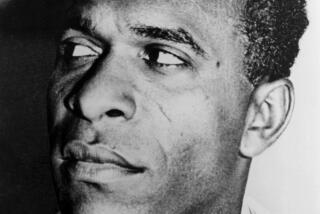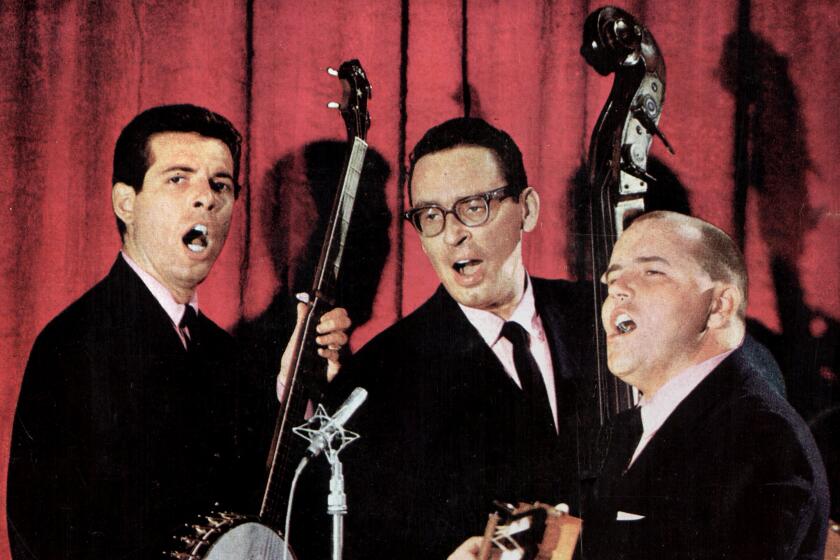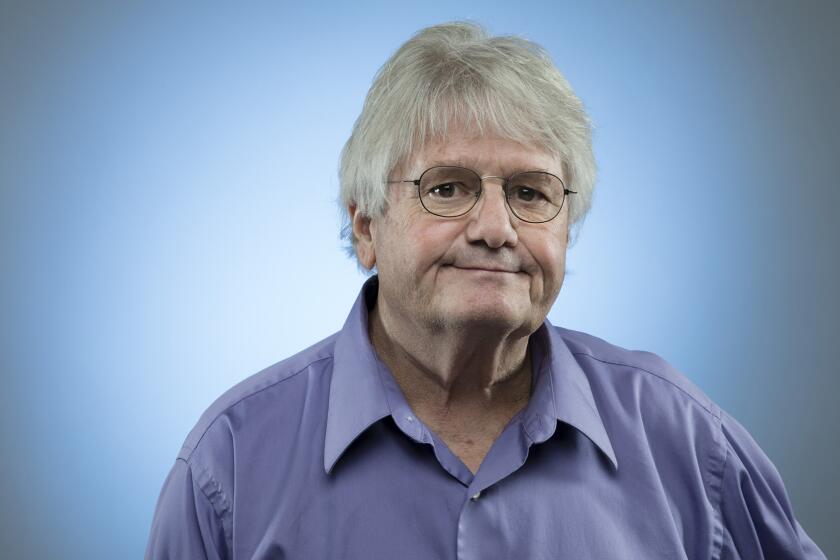Jorge Semprun dies at 87; writer chronicled his experiences in Buchenwald



Notable music deaths of 2011 (Paul Hawthorne / Getty Images)


Notable deaths of 2010 (Wally Skalij / Los Angeles Times)

Notable sports deaths of 2011 (Harold Matosian / Associated Press)

Notable sports deaths of 2011 (AFP / Getty Image)

Notable sports deaths of 2011 (Diamond Images / Getty Images)

Notable film and television deaths of 2011 (Kevork Djansezian / Associated Press)

Notable deaths of 2010 (John Redman / Associated Press)

Notable deaths of 2010 (Louis Sahagun / Los Angeles Times)

Notable sports deaths of 2011 (Jonathan Ferrey / Getty Images)

Notable deaths of 2010 (Lawrence Lucier / Steinway & Sons via Getty Images)

Notable deaths of 2010 (Jim Dyson / Getty Images)

Notable deaths of 2010 (Mike Groll / Associated Press)

Notable deaths of 2010 (Michael Ochs Archives / Getty Images)

Notable deaths of 2010 (Bill Sikes / Associated Press)


Notable deaths of 2010 (Joe Brier / McClatchy-Tribune)

Notable deaths of 2010 (Liz O. Baylen / Los Angeles Times)

Notable deaths of 2010 (Wayne Risher / Associated Press)

Notable deaths of 2010 (Rick Bowmer / Associated Press)

Notable deaths of 2010 (John Gwillim / Associated Press)

Notable film and television deaths of 2010 (Bob Chamberlin / Los Angeles Times)

Notable deaths of 2010 (Rick Bowmer / Associated Press)

Notable deaths of 2010 (Stephan Agostini / AFP/Getty Images)

Notable deaths of 2010 (Robert Gauthier / Los Angeles Times)

Notable film and television deaths of 2011 (Nick Ut / Associated Press)

Notable deaths of 2010 (Anna Moore Butzner / Grand Rapids Press)

Notable deaths of 2010 (Christophe Ena / Associated Press)

Notable deaths of 2010 (Hillery Smith Garrison / Associated Press)

Notable deaths of 2010 (Mark Boster / Los Angeles Times)

Notable deaths of 2010 (Michael Ochs Archives / Getty Images)

Notable deaths of 2010 (Mustafa Quraishi / Associated Press)

Notable deaths of 2010 (Lawrence K. Ho / Los Angeles Times)

Notable deaths of 2010 (Karen Tapia-Andersen / Los Angeles Times)

Notable deaths of 2010 (Roald Berit / AFP/Getty Images)

Notable deaths of 2010 (Eddie Adams / Associated Press)

Notable deaths of 2010 (Charles Dharapak / Associated Press)

Notable deaths of 2010 (Alex Wong/Getty Images)

Notable deaths of 2010 (Karen Bleier, AFP/Getty Images)

Notable film and television deaths of 2010 (Dave Hogan / Getty Images)




Notable film and television deaths of 2010 (Bob Chamberlin / Los Angeles Times)
Jorge Semprun, a writer and politician who chronicled his experiences in the Nazis’ Buchenwald death camp, struggled against dictatorship in his native Spain and later became that country’s culture minister, has died. He was 87.
Semprun died Tuesday in Paris, where he had pent most of his life, the French capital’s mayor, Bertrand Delanoe, said in a statement.
A prolific author who specialized in the autobiographical novel, Semprun was widely considered one of the foremost chroniclers of the Holocaust. Equal parts memoir and essay, his “Literature or Life” (1994) elegantly describes his experience in Buchenwald, even as it ponders larger philosophical questions.
French President Nicolas Sarkozy hailed the book, which was written in French, as “a testimony that’s as mind-blowing as it is lucid” and called Semprun “one of the last great protagonists of an epic.”
Semprun, who also wrote screenplays, was nominated for Academy Awards in 1968 for director Alain Resnais’ “La Guerre Est Finie” (“The War Is Over”) and in 1970 for “Z,” a political thriller co-written with director Costa-Gavras.
Semprun was born in Madrid in 1923, but the family fled the country during the country’s bloody civil war, settling in France. He was educated in Paris and wrote the bulk of his more than a dozen books in French.
A politically engaged young man and member of the Spanish Communist Party and the Resistance, Semprun was detained by the Gestapo and deported to Buchenwald. He spent more than a year in the camp — an experience that would inform much of his literary career, starting with his first book, “The Long Voyage” (1963).
Other Semprun works include “The Second Death of Ramon Mercader,” a 1969 novel which won France’s prestigious Femina literary prize, and “Twenty Years and a Day,” from 2004.
Upon his release from Buchenwald in 1945, Semprun worked as a translator at UNESCO and took part in the Spanish Communist Party’s long struggle against the nation’s longtime dictator, Gen. Francisco Franco. Semprun was ousted from the Communist Party in 1962 over ideological differences.
He was named Spain’s culture minister under Socialist Prime Minister Felipe Gonzalez, from 1988 to ’91.
More to Read
Start your day right
Sign up for Essential California for the L.A. Times biggest news, features and recommendations in your inbox six days a week.
You may occasionally receive promotional content from the Los Angeles Times.
The Associated Press is an independent, not-for-profit news cooperative headquartered in New York City.






